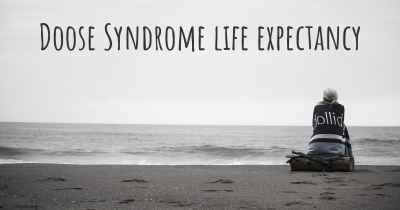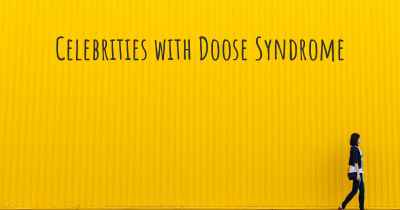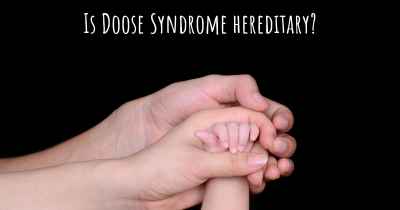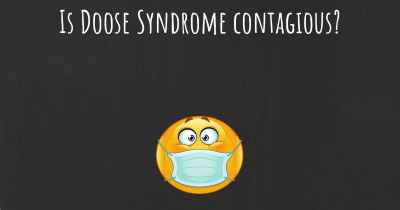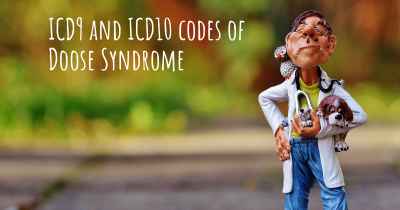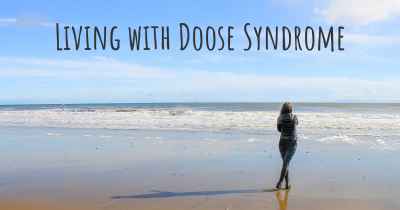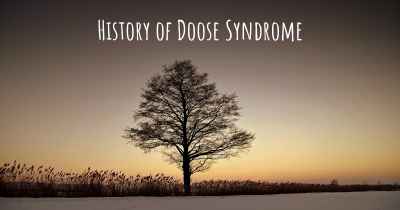Is there any natural treatment for Doose Syndrome?
Are there natural treatment(s) that may improve the quality of life of people with Doose Syndrome? Here you can see if there is any natural remedy and/or treatment that can help people with Doose Syndrome

Natural Treatment for Doose Syndrome
Doose Syndrome, also known as Myoclonic-Astatic Epilepsy (MAE), is a rare form of epilepsy that typically begins in early childhood. It is characterized by frequent seizures, often multiple times a day, and can be challenging to manage. While there is no known cure for Doose Syndrome, there are several natural treatment options that may help reduce the frequency and severity of seizures, improve overall well-being, and enhance the quality of life for individuals with this condition.
Dietary Modifications
Dietary modifications have shown promising results in managing seizures associated with Doose Syndrome. The ketogenic diet, in particular, has been found to be effective in reducing seizure frequency in many epilepsy patients, including those with Doose Syndrome. This high-fat, low-carbohydrate diet forces the body to burn fats instead of carbohydrates for energy, resulting in the production of ketones. Ketones have been shown to have anticonvulsant properties, which can help control seizures. It is important to consult with a healthcare professional or a registered dietitian before implementing any dietary changes.
Herbal Remedies
Herbal remedies have been used for centuries to treat various health conditions, including epilepsy. While scientific evidence supporting their effectiveness in managing Doose Syndrome is limited, some herbs have shown potential anticonvulsant properties. These include:
- Passionflower: Passionflower has been traditionally used to treat seizures and promote relaxation. It may help reduce seizure frequency and improve sleep quality.
- Valerian root: Valerian root has calming effects and may help reduce anxiety and improve sleep. It is often used in combination with other herbs for epilepsy management.
- Skullcap: Skullcap has been used to treat epilepsy and other neurological disorders. It may have anticonvulsant properties and help reduce seizure activity.
It is crucial to consult with a qualified herbalist or healthcare professional knowledgeable in herbal medicine before using any herbal remedies, as they can interact with medications and may not be suitable for everyone.
Acupuncture
Acupuncture is an ancient Chinese practice that involves inserting thin needles into specific points on the body. It is believed to help balance the flow of energy, known as Qi, and promote overall well-being. Some studies have suggested that acupuncture may have antiepileptic effects and could potentially reduce seizure frequency. However, more research is needed to determine its effectiveness specifically for Doose Syndrome. If considering acupuncture, it is essential to seek treatment from a licensed and experienced acupuncturist.
Stress Reduction Techniques
Stress reduction techniques can play a significant role in managing Doose Syndrome. Stress has been known to trigger seizures in many epilepsy patients. Therefore, incorporating relaxation techniques into daily life can help reduce stress levels and potentially decrease seizure frequency. Techniques such as deep breathing exercises, meditation, yoga, and mindfulness practices have been shown to be beneficial in managing stress and promoting overall well-being.
Regular Exercise
Regular exercise is essential for overall health and well-being, and it may also have a positive impact on seizure control in individuals with Doose Syndrome. Engaging in physical activities can help reduce stress, improve mood, and promote better sleep. It is important to choose activities that are safe and appropriate for the individual's age and abilities. Consulting with a healthcare professional or a physical therapist can help develop an exercise plan tailored to the specific needs of the person with Doose Syndrome.
Conclusion
While there is no known cure for Doose Syndrome, natural treatment options can complement conventional medical interventions and potentially help manage the condition. Dietary modifications, herbal remedies, acupuncture, stress reduction techniques, and regular exercise are among the natural approaches that may be beneficial. However, it is crucial to consult with healthcare professionals and experts in the respective fields to ensure safety, effectiveness, and suitability for each individual. Every person with Doose Syndrome is unique, and treatment plans should be tailored to their specific needs and circumstances.
